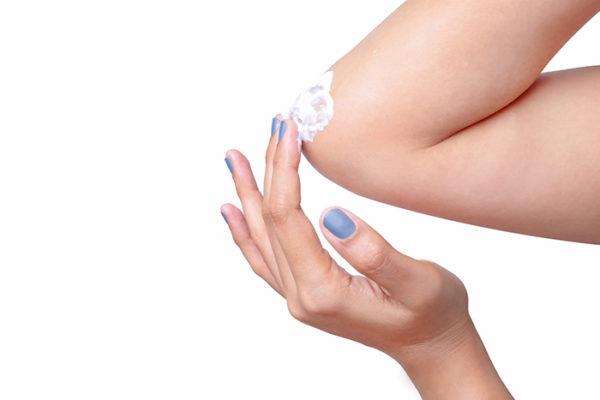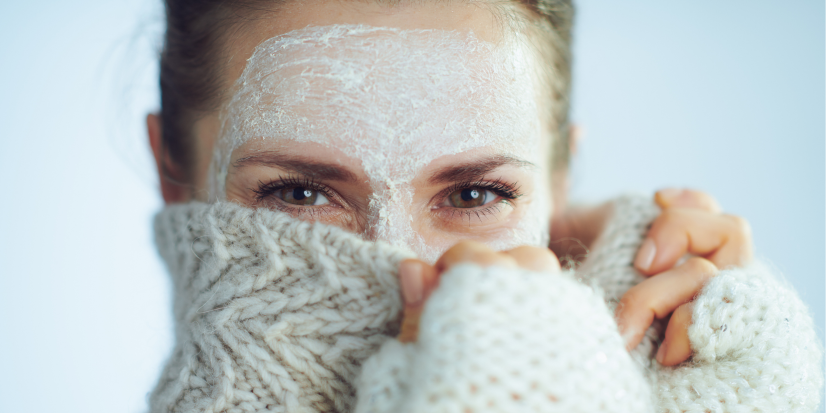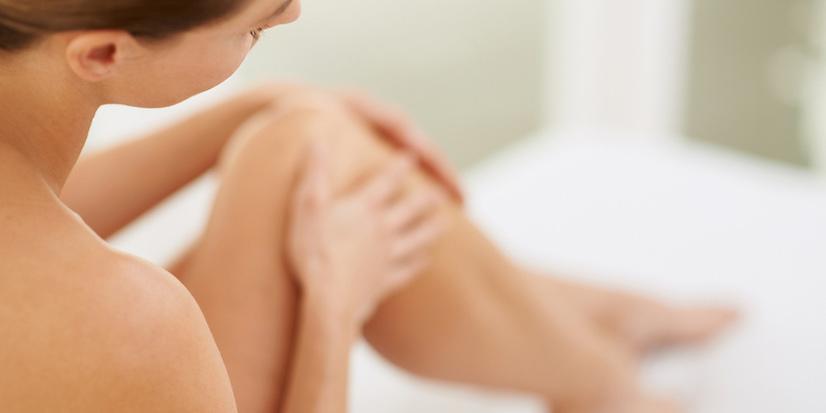Psoriasis is an autoimmune disease that causes thick, red, scaly patches on the skin. One-third of people with psoriasis have a family history of it. Over three percent of the population develops psoriasis, and up to 11 percent of psoriasis patients have been diagnosed with psoriatic arthritis.
The disease can show up anywhere on the skin and nails, and each area of the body requires different treatment. Psoriasis can often affect the elbows, knees, hands, feet, and scalp. Common triggers for psoriasis include infections, certain medications, stress, and injury to the skin. Many people report that it worsens in the winter. It is not contagious.
1. Controlling stress may help psoriasis.
Many people with psoriasis claim stress make it worse. At the same time, a psoriasis flare can increase stress. Inflammation is the body’s way of coping with stress. Learn to manage stress effectively with meditation, exercise, or consider attending a class or seeing a therapist who specializes in stress management.
2. Dietary changes may help psoriasis.
A healthy diet can help your body function at its highest level, reduce comorbidity and improve a person’s metabolic profile. Research in the relationship between diet and psoriasis is ongoing.
3. The itch of psoriasis may have a bigger impact on quality of life than the visible effect of the disease.
The itch can cause lesions. At-home remedies include:
- Keep skin moisturized. Even better: cool moisturizer in the fridge prior to use.
- Cold showers and cold packs can offer relief.
- Avoid hot showers and limit showers to 10 minutes or less.
- Apply moisturizer after a shower or bath.
- Antihistamines and prescription treatments can also help.
4. Psoriasis may impact your relationships, but it does not have to control them.
It can be difficult to talk to friends and family about your psoriasis and how it affects your life. Connect with other people living with psoriasis at TalkPsoriasis.org.
5. Treatment is different for each area of the body and each of the five types of psoriasis: plaque, guttate, inverse, pustular, and erythrodermic.

Treatment often involves shampoos, salicylic acid, tar preparations, prescription creams, solutions and ointments, light therapy or laser treatment, and prescription medications taken orally or by injection.
Seeking an expert’s opinion is the best way to determine the next step in treating psoriasis. Truyu expert providers in dermatology work closely with Altru Health System providers to offer a wide range of dermatology services, providing comprehensive and continuous care. Schedule a consultation through MyChart or call 701.780.6623.







